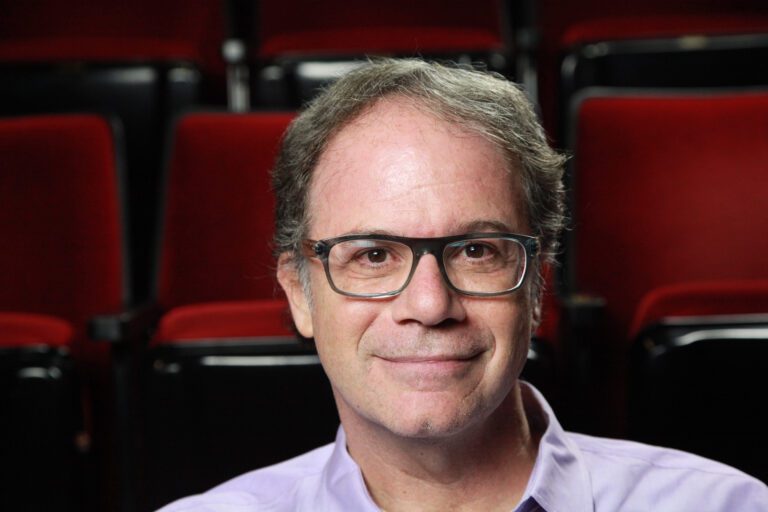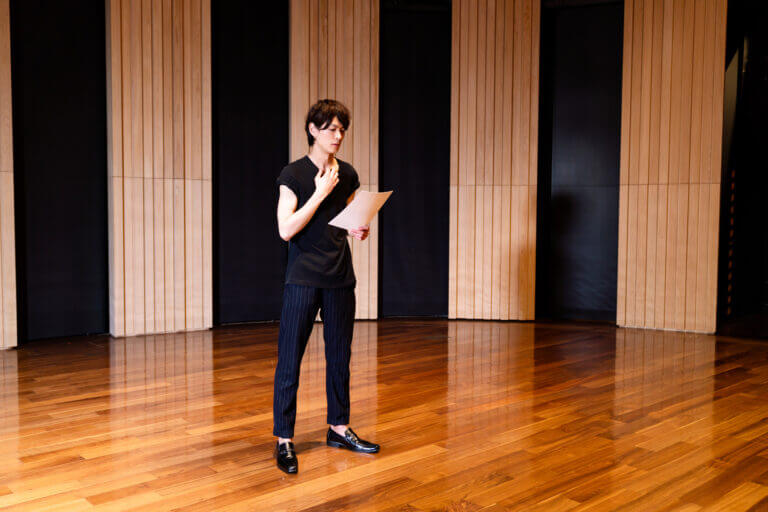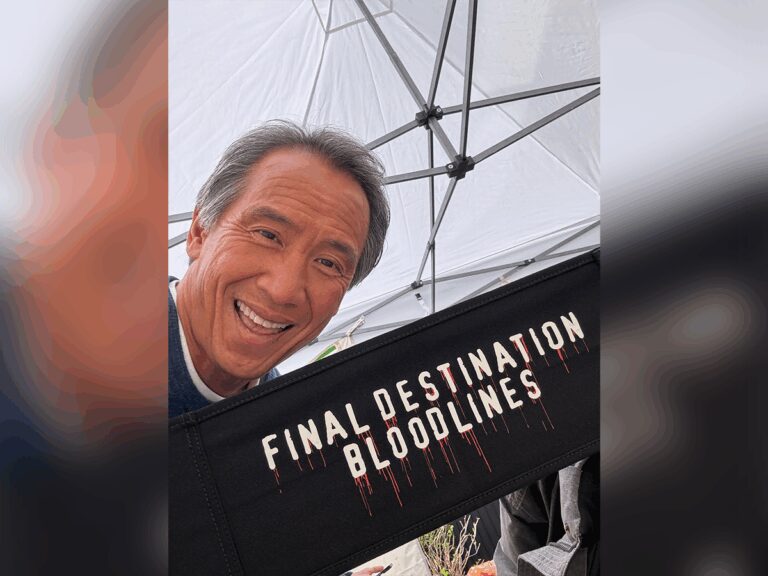In anticipation of the season two release of Jason Sudeikis’ hit series on July 23, as well as for its season one performance at the upcoming Emmys, I’m offering three reasons why Ted Lasso is the perfect antidote for times like these. For many, this year feels better than the seemingly never-ending days of 2020, but the laughs and levity that the show’s first season brought us are still very much needed in 2021. Plus, the comedy series displays a healthy model for accountability and forgiveness via its narrative, which feels timely in the midst of our “cancel culture.”
I want to be clear that our industry is still striving toward needed change, and that can only happen when people are held accountable for problematic words and actions. But the term “cancel” becomes problematic in itself when defined as “that person said and/or did something wrong, and now their life is over because they can never come back from that.” Unless they’re perfect, people who subscribe to such an idea will likely at some point misstep, putting themselves at risk of being canceled with no chance of redemption. Enter Ted Lasso. Besides being incredibly well-done — evidenced by its strong awards season run — and a model for TV excellence, keep reading for three reasons why it also models what our industry needs to move forward toward progress together. Warning: season one spoilers ahead.
1. It demonstrates integrity and accountability.
Rebecca (Hannah Waddingham) and Keeley (Juno Temple) form a unique and enviable friendship in season one. While separated by age and status, the two take turns speaking into each other’s lives at key moments. One such example is in episode four when Rebecca encourages Keeley to learn from her mistakes and prioritize accountability in a relationship. “I mean, everyone makes mistakes, but I was married to a man for 12 years who never once took responsibility for any single one of them,” she acknowledges. Keeley takes the advice and ends things with her boyfriend Jamie (Phil Dunster). She also applies it to herself and accepts when Roy (Brett Goldstein) calls her out for behavior that made him feel less-than. “I’m sorry — I shouldn’t have done that,” she tells him in lieu of making excuses or reasoning away his feelings.
2. It shows us what genuine apologies look like.
In our current times, top industry names seem to be constantly issuing formal apologies for problematic behavior, and some feel more genuine than others. In the above example, Keeley’s apology felt honest because she didn’t try to explain away her “sorry.” Ted (Sudeikis) also exemplifies what that looks like in episode seven, which provides Sudeikis the opportunity to play out some very real things that his normally unflappable character experiences. Ted is going through a divorce, and while processing all the emotions that come with it, ends up taking out his anger on the team’s kit man, Nate (Nick Mohammed). The next day, Ted pulls him aside. “I want to apologize for last night,” he tells Nate. “I bit your head off for no good reason and I’m really sorry about that and I hope you can forgive me.” As head coach, Ted could’ve brushed aside his rude behavior toward the team’s kit man or issued a half-hearted apology that somehow blamed Nate for causing it. Pride could’ve kept him from genuinely asking Nate for forgiveness, but that’s not the Ted Lasso way.
3. It exemplifies forgiveness.
In the series, Ted not only asks for forgiveness, but he also offers it freely. When Rebecca confesses that she’d tried to sabotage Ted’s success with the team, he hears her out and then forgives her, allowing them to move forward together toward a common goal that they both now share. Her apology and his forgiveness deepen their bond, and by the end, Rebecca keeps him on as a coach after a setback that would’ve caused others to fire him. I’m not here to say that forgiveness will always come as easily or as quickly as it does for Ted. But he does reflect one aspect of living in a world filled with imperfect people. That is, sometimes you’re the person asking for forgiveness, and sometimes you’re the one extending it.
Time will tell how season one of Ted Lasso performs at this year’s Emmys and how its sophomore season is received come July 23. If you’re a fan of the show, perhaps you feel similarly about the basic model for accountability and forgiveness that its narrative provides. Or maybe you disagree, which I fully respect. Just please don’t cancel me.
Follow us on Facebook, Twitter and Instagram for breaking industry news and exclusive offers!














